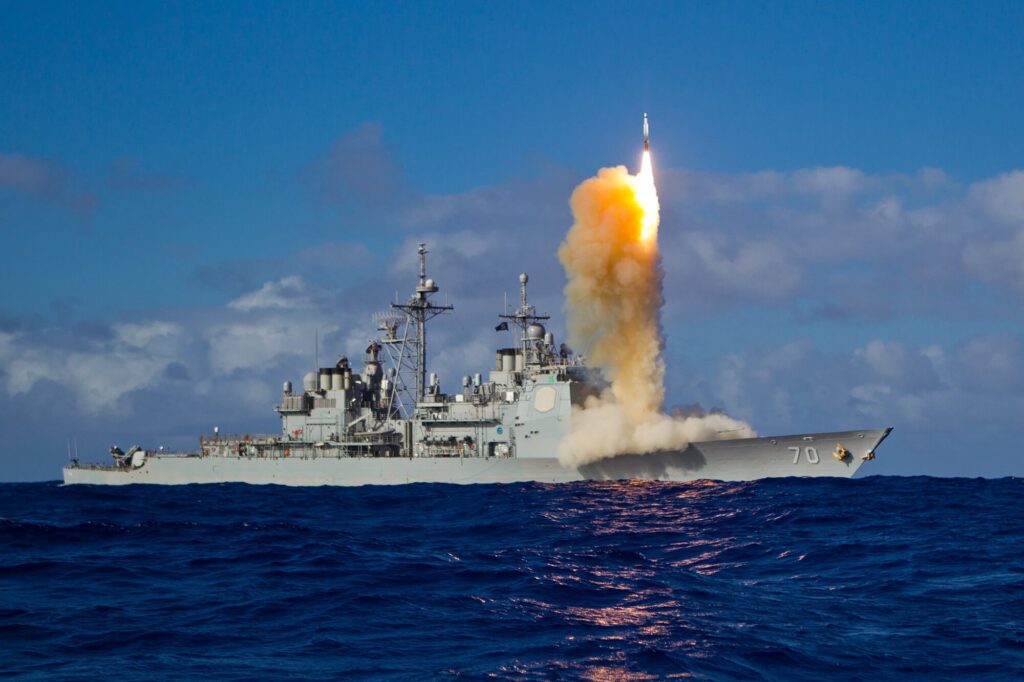United States Vice President Kamala Harris, who is also head of the National Space Council, announced during a visit to Vandenberg Space Force Base in California that the country would not carry out any further testing of direct-ascent anti-satellite (ASAT) weapons.
“The destruction of space objects through direct-ascent ASAT missile testing is reckless and irresponsible,” the White House said in a statement. “The long-lived debris created by these tests now threaten satellites and other space objects that are vital to all nations’ security, economic, and scientific interests, and increases risk to astronauts in space.”
On November 15, 2021, the crew of the International Space Station (ISS) was put on high alert after a Russian ASAT test created a field of orbital debris that could potentially endanger the station. The test saw Russia destroy one of its own spacecraft, a 1-ton spy satellite called Kosmos-1408. According to the White House, a similar test was conducted by China in 2007.
It was the United States, however, which was the first to employ such a technique. On September 13, 1985, an F-15A fighter jet, named Celestial Eagle, took off from Vandenberg and destroyed a malfunctioning solar observation satellite, using an ASM-135 ASAT missile.
Even if the ban on ASAT missiles was adopted by other space powers, it would not necessarily mean satellites would be immune to any threat. Indeed, other solutions are currently being developed. The United States has been secretly working on a space drone, the X-37B, which might be able to listen to communications or even intercept satellites of other nations. Similarly, in 2017, the Russian Luch satellite, also known as Olymp-K, was accused of spying on the Franco-Italian satellite Athena-Fidus.
